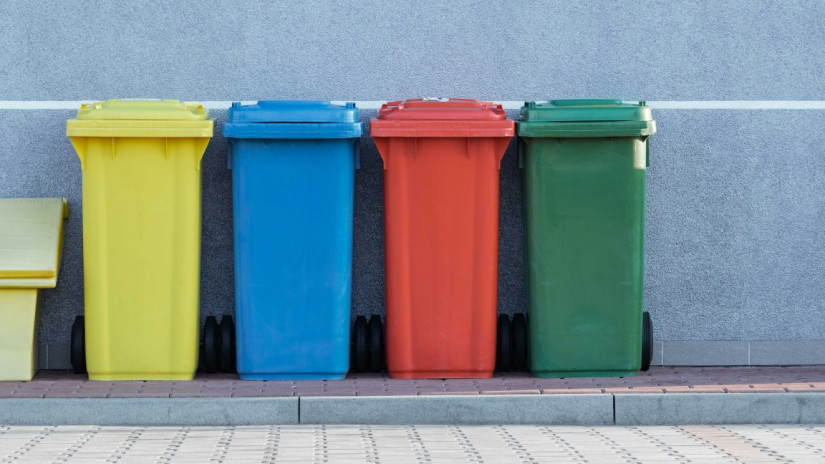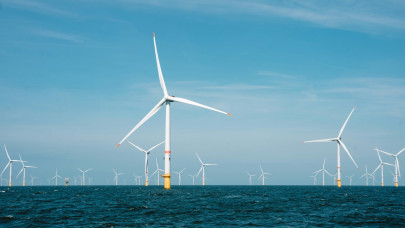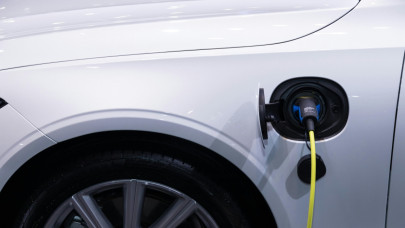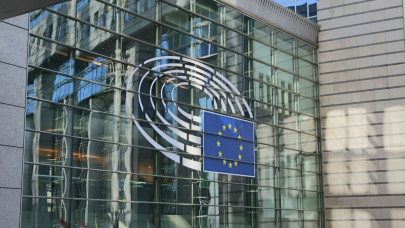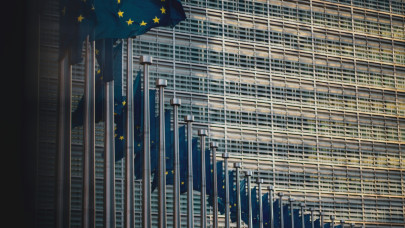Based on the most recent data reported by member states, all of them have missed several waste collection and recycling targets outlined in the current EU waste legislation. The Waste Framework Directive [Directive 2008/98/EC on waste, as amended by Directive (EU) 2018/851] sets legally binding targets for the preparation for reuse and recycling of municipal waste.
Bulgaria, the Czech Republic, Denmark, Spain, France, Croatia, Italy, Cyprus, Latvia, Lithuania, Hungary, Malta, Poland, Portugal, Romania, Slovakia, Finland, and Sweden failed to meet the 2020 target of 50% for preparing for reuse and recycling of municipal waste (such as paper, metal, plastic, and glass).
Additionally, the Packaging and Packaging Waste Directive [Directive 94/62/EC, as amended by Directive (EU) 2018/852] applies to all packaging placed on the European market and any packaging waste resulting from it, regardless of where it is used. By December 31, 2008, it required that between 55% and 80% of total packaging waste be recycled. Among the recycling targets set for various materials, the percentages range from 60% for glass, 60% for paper and cardboard, and 50% for metals, to 22.5% for plastics and 15% for wood, but many of these targets have not been met.
Furthermore, the Directive on Waste Electrical and Electronic Equipment (WEEE) [Directive 2012/19/EU, as amended by Directive (EU) 2024/884] mandates the separate collection and proper treatment of WEEE and sets targets for its collection, recovery, and recycling. The minimum collection rate that member states must achieve annually is 65% of the average weight of electrical and electronic equipment placed on the market in the last three years in the member state concerned, or 85% of WEEE generated within the respective member state.
Most member states have not separately collected sufficient WEEE and, therefore, have not met the EU's collection target. To fulfill the aforementioned obligations, member states should intensify their implementation efforts. In this regard, member states may rely on the country-specific recommendations identified in the 2023 Early Warning Report on waste. This will help member states meet future targets for 2025, 2030, and 2035, established by recent amendments to EU waste legislation.
Therefore, the Commission is sending letters of formal notice to each of the 27 member states, which now have two months to respond and address the deficiencies identified by the Commission. In the absence of satisfactory responses, the Commission may decide to issue reasoned opinions.

